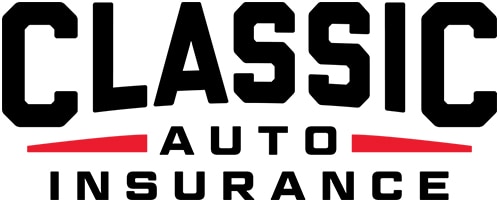Perhaps one of the greatest joys in life is inheriting a classic car. When people inherit older vehicles from their loved ones, the cars are frequently rare or highly sought-after, and they also offer important sentimental value. Unfortunately, your work isn’t done after inheriting a vehicle — you need to take certain actions in order to claim ownership and protect your one-of-a-kind classic car. In this blog, we discuss critical actions you need to take when inheriting a classic beauty.
Transferring the Legal Title
When inheriting a classic car from a deceased individual, you need to go through the probate process. The probate process is designed to legally transfer you a title when your loved one passes away. Fortunately, the probate process is fairly straightforward. In the event that the deceased person has a will, the executor will distribute the designated inheritances, including your classic car, and they’ll work under the supervision of a probate court.
Most people hire a lawyer for the probate process, but there is no legal requirement to do so. That being said, the paperwork and procedures can be confusing and complex, so you may need a lawyer for this stage of receiving your inherited car.
If you’re inheriting a car from someone who is still alive and gifting it to you, you’ll merely need to fill out the appropriate paperwork to transfer the title. Some states require the person who’s transferring the vehicle to provide basic information about the car, such as its number of miles.
Perform Necessary Repairs
Some classic cars may not require immediate repairs to get them up and running, but frequently people inherit vehicles that have been sitting idle for years. Because you’re dealing with a classic car, you’ll likely need to track down a specialty mechanic who has experience with your specific type of car. Unfortunately, this means getting your classic beauty up and running will likely be expensive because classic car mechanics frequently charge more than standard mechanics.
One way in which this step may become easier is if the vehicle’s previous owner kept a record of its repairs. You may even be able to find the mechanic who took care of the car while it was in the previous owner’s possession.
Determine the Car’s Value
Once you’ve had basic repairs done, you can find an appraiser to estimate the value of the vehicle. Whether or not you intend to sell the car, this is an important step in the registration and taxation process. Additionally, you need to know how much your car is worth in order to obtain the best classic car insurance.
When looking for an appraiser, you need to find someone who has experience determining the value of classic cars. The appraiser will estimate the value by inspecting its condition, and they will also consider some of the rarer parts that a car may have, such as a valuable engine or suspension. They will also consider whether the vehicle needs any replacement parts, and they will research the average price of similar vehicles.
Taxes, Registration, and Safety Inspection
After determining the value of the car, you can pay for your vehicle’s registration fees as well as for the tag. Depending on where you live, you may also need to pay certain taxes related to inheriting your classic vehicle. In addition to the possibility of paying property or use taxes, you may also need to pay an inheritance tax, which can be incredibly costly if your vehicle is valuable.
Depending on where you live, you may also have to have the vehicle undergo a safety inspection in order to obtain the registration. Before visiting your local DMV, make sure to look into your state or local municipality’s requirements.
Restore the Car
Whether or not you choose to restore your vehicle may depend on your appraiser’s assessment. If you’re planning on selling the vehicle, restoring it may be more trouble than it’s worth, but you should definitely consider restoring your classic car if you plan on driving it long into the future.
You may need to restore both the exterior of the vehicle as well the interior’s components, such as the transmission or engine. Unfortunately, replacement parts on classic vehicles can often be incredibly expensive or hard to find.
Get Great Insurance on Your Antique Car
One absolutely critical step you need to take after inheriting a car is finding premium classic car insurance that can protect your cherished possession. Fortunately, Classic Auto Insurance offers protective and affordable insurance that will keep your classic car on the road for years to come.
Our plans also include exceptional benefits specifically designed for protecting classic cars, like inflation guard, agreed-upon value, rollover miles, and nationwide roadside assistance with flatbed towing. Additionally, we tailor our policies specifically around the needs of our customers and their antique vehicles. To learn more, give us a call at 888-901-1338.

